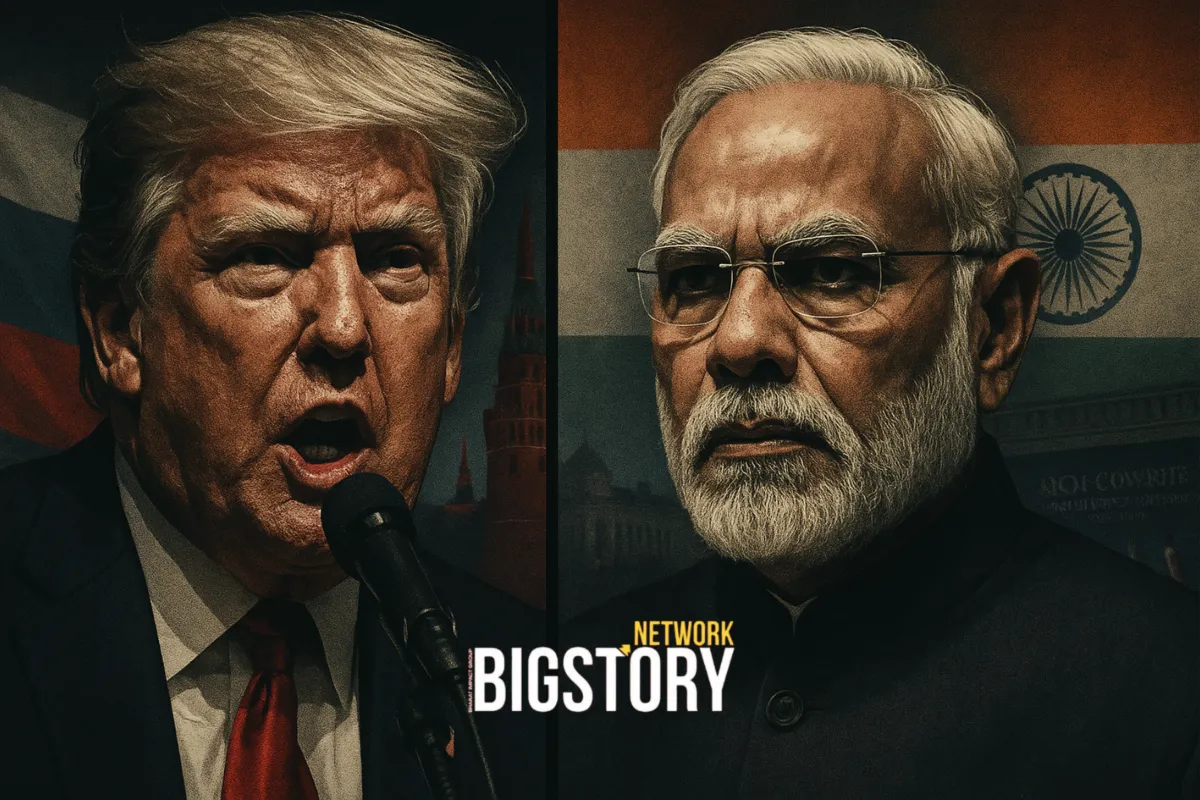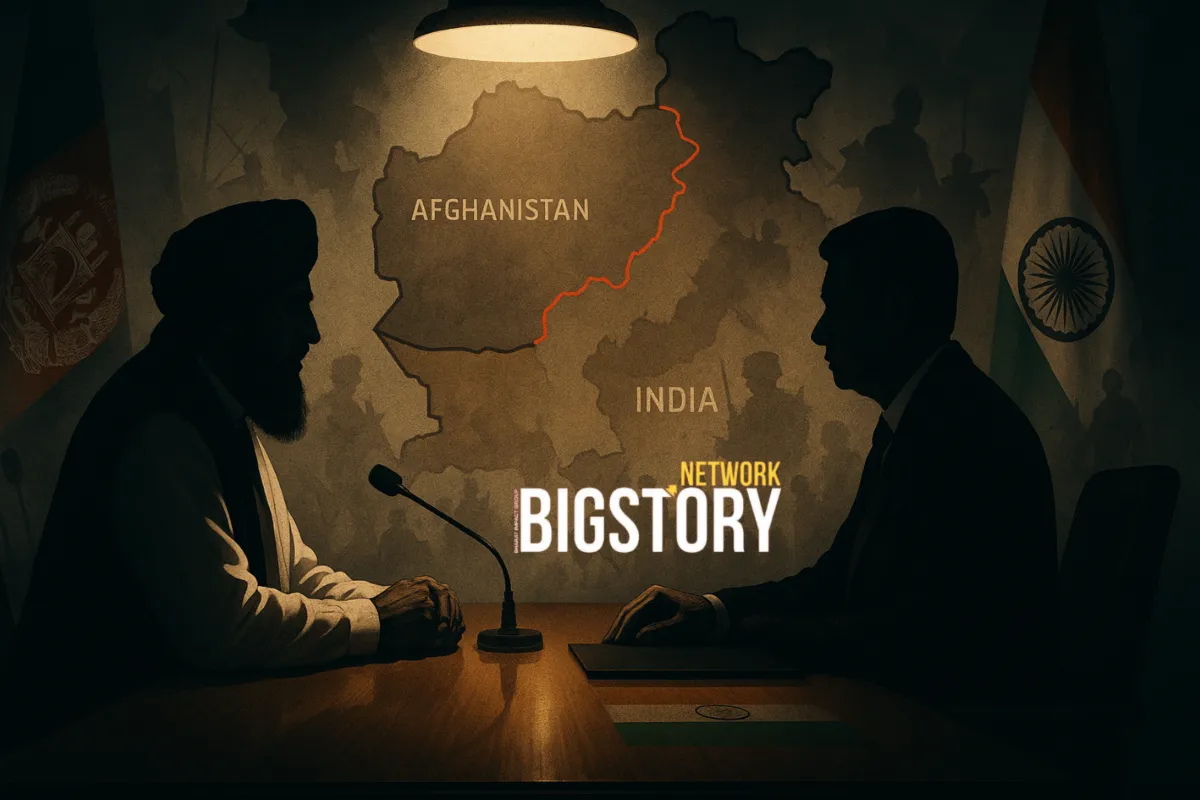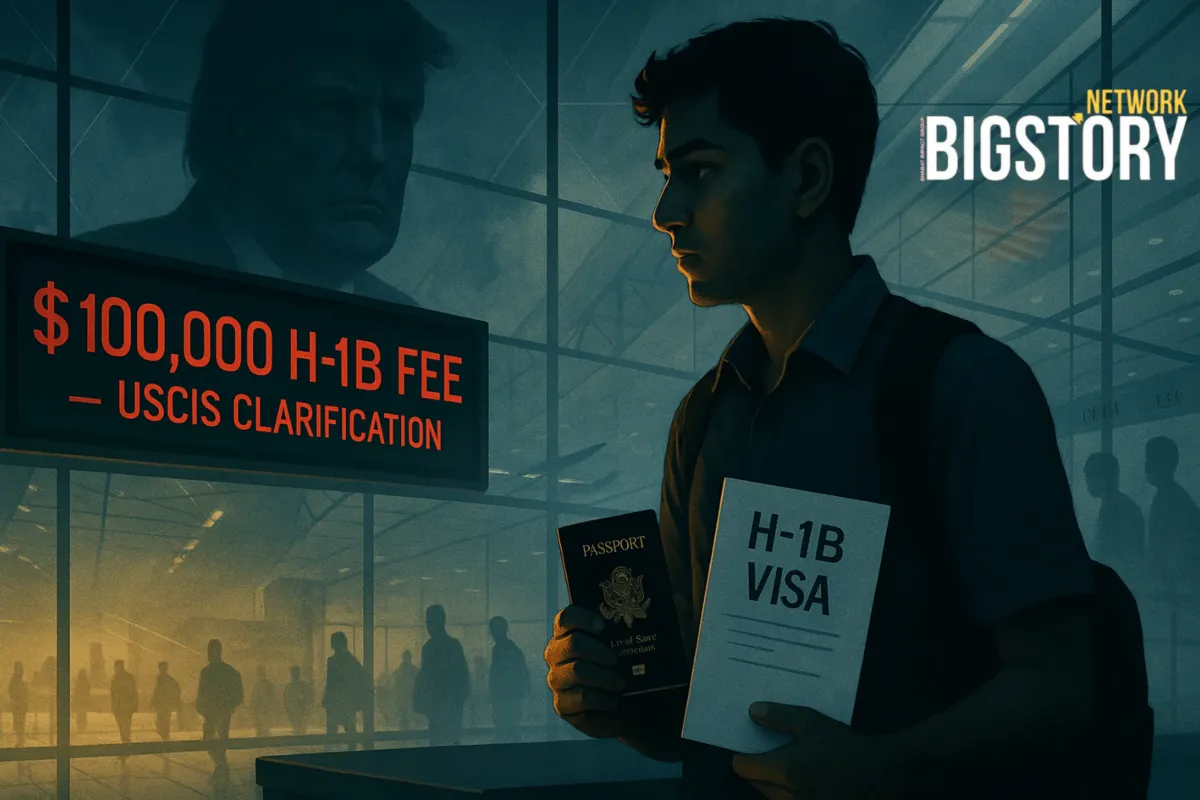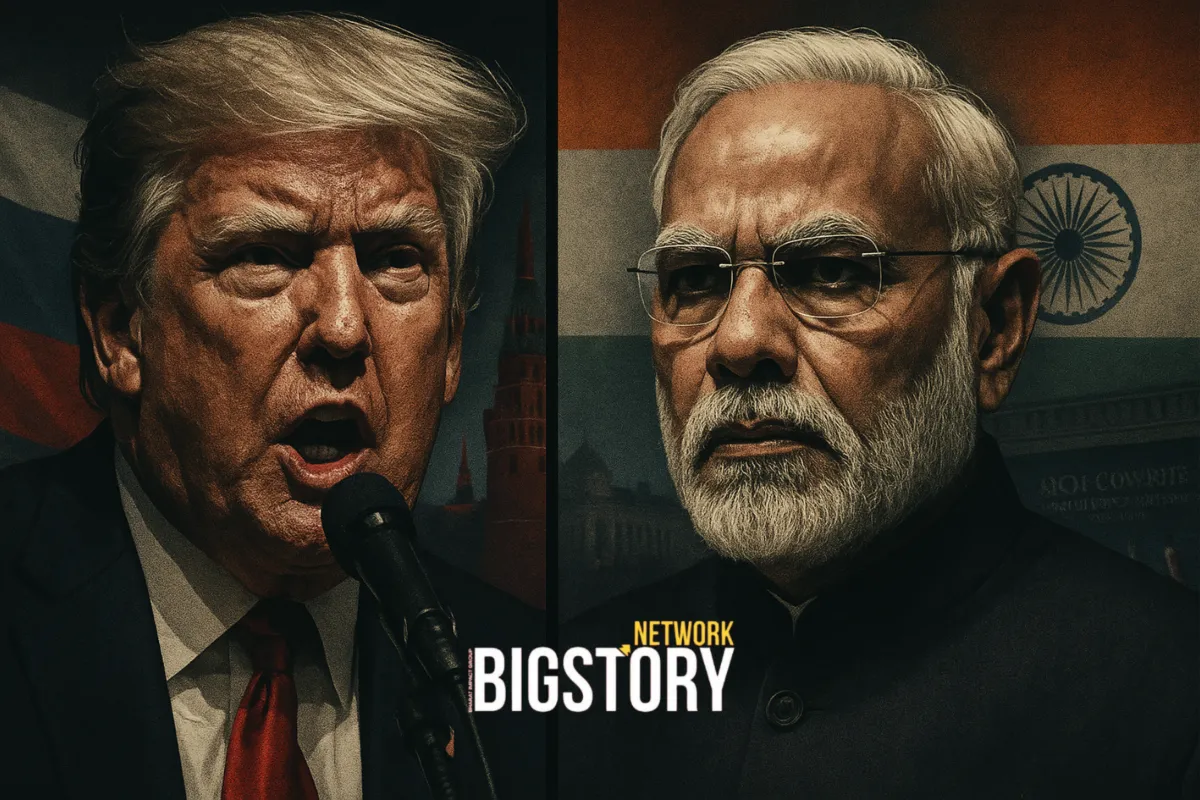At the White House on October 15, President Donald Trump delivered a moment of pure geopolitical theatre. While praising Indian Prime Minister Narendra Modi as a “great man” who “loves Trump,” he then added with his trademark smirk, “I don’t want to destroy his political career.”
What should have been a routine press conference on oil sanctions became a spectacle of personal diplomacy as public leverage—and it instantly set off alarm bells in New Delhi.
What actually happened (and what didn’t)
- Trump claimed Modi assured him India would stop buying Russian oil.
- He tied this to his narrative of pressuring Moscow through global energy isolation.
- Then came the “destroy career” quip, blurring the line between flattery and threat.
- Within hours, India’s Ministry of External Affairs issued a categorical denial: there was no such phone call. The last conversation was on October 9 regarding Gaza peace talks.
Behind that seemingly technical denial lies something bigger: New Delhi refused the entire frame of personal obligation Trump tried to create.
Why this happened now
Trump is already locked in a tariff war with India. In August 2025, his administration slapped 50% duties on Indian exports—one of the harshest tariff regimes levied on any U.S. partner—explicitly citing India’s continued purchase of Russian oil.
Russia currently supplies roughly 34% of India’s oil, or 1.6 million barrels per day. Preliminary shipping data shows October imports rebounding to 1.8 million bpd, not falling. Trump’s claim runs headlong into this data.
This is less about crude barrels and more about geopolitical muscle-flexing in an election cycle.
The unexpected angle: When “love” becomes liability
Trump’s language wasn’t random. By publicly describing Modi as someone who “loves” him, then joking about “destroying his career,” Trump made their past personal chemistry a pressure tool.
In India’s political climate, appearing to yield to a foreign power is electoral kryptonite. A joke, on Trump’s terms, doubles as a threat: I can make this personal.
India’s sharp, fast denial wasn’t damage control—it was a sovereignty signal.
The people driving this story
Donald Trump, who has long used leader-to-leader theatrics—“Howdy Modi” in Houston (2019), “Namaste Trump” in Ahmedabad (2020)—now wields that familiarity as leverage.
Narendra Modi, whose personal brand rests on strength and autonomy, can’t afford to look like Trump’s junior partner—especially with U.S. tariffs biting and opposition parties circling.
Institutional India, from the MEA to state refiners, sees energy as economic strategy, not diplomatic charity. They’ve been clear: procurement decisions follow price signals, not Washington’s moods.
What happens next — the ripple effects
1. Trade negotiations freeze
“Mission 500” (to double trade to $500 billion by 2030) is effectively on ice until the tariff impasse breaks.
2. Quad loses oxygen
Trump skipping planning for the November Quad summit is a blunt signal: U.S. commitment is thinning.
3. India leans multipolar
New Delhi is deepening BRICS and SCO engagements—hedging against Washington’s unpredictability.
4. Oil remains the wedge
Russian oil isn’t going away. The economics are too compelling, and the politics too sensitive.
5. Domestic politics heats up
Rahul Gandhi pounced within hours, accusing Modi of “outsourcing oil policy to Trump.” Expect BJP counterfire, but the perception battle matters.
The human angle: Power, pride, and personalism
This is more than a diplomatic spat. It’s a collision between two nationalist strongmen who once performed friendship on global stages. Personalist diplomacy makes for good rallies but bad institutions.
Trump weaponizes flattery; Modi responds with silence and bureaucratic denial. This is how alliances strain—not with explosions, but with ego friction.
FAQs
Did Modi promise Trump to stop buying Russian oil?
No. India’s MEA denied any phone call took place on Oct 15. Oil imports continue.
What did Trump actually say?
He praised Modi as a “great man,” claimed Modi “loves Trump,” then added, “I don’t want to destroy his political career.”
Why are tariffs involved?
Trump imposed 50% tariffs in August 2025 to pressure India over Russian oil imports.
What’s India’s position?
Energy policy is guided by consumer interest, not foreign pressure.
Why does this matter?
It shows how personal diplomacy can become leverage—and why India’s strategic autonomy is being tested.







Leave a Reply